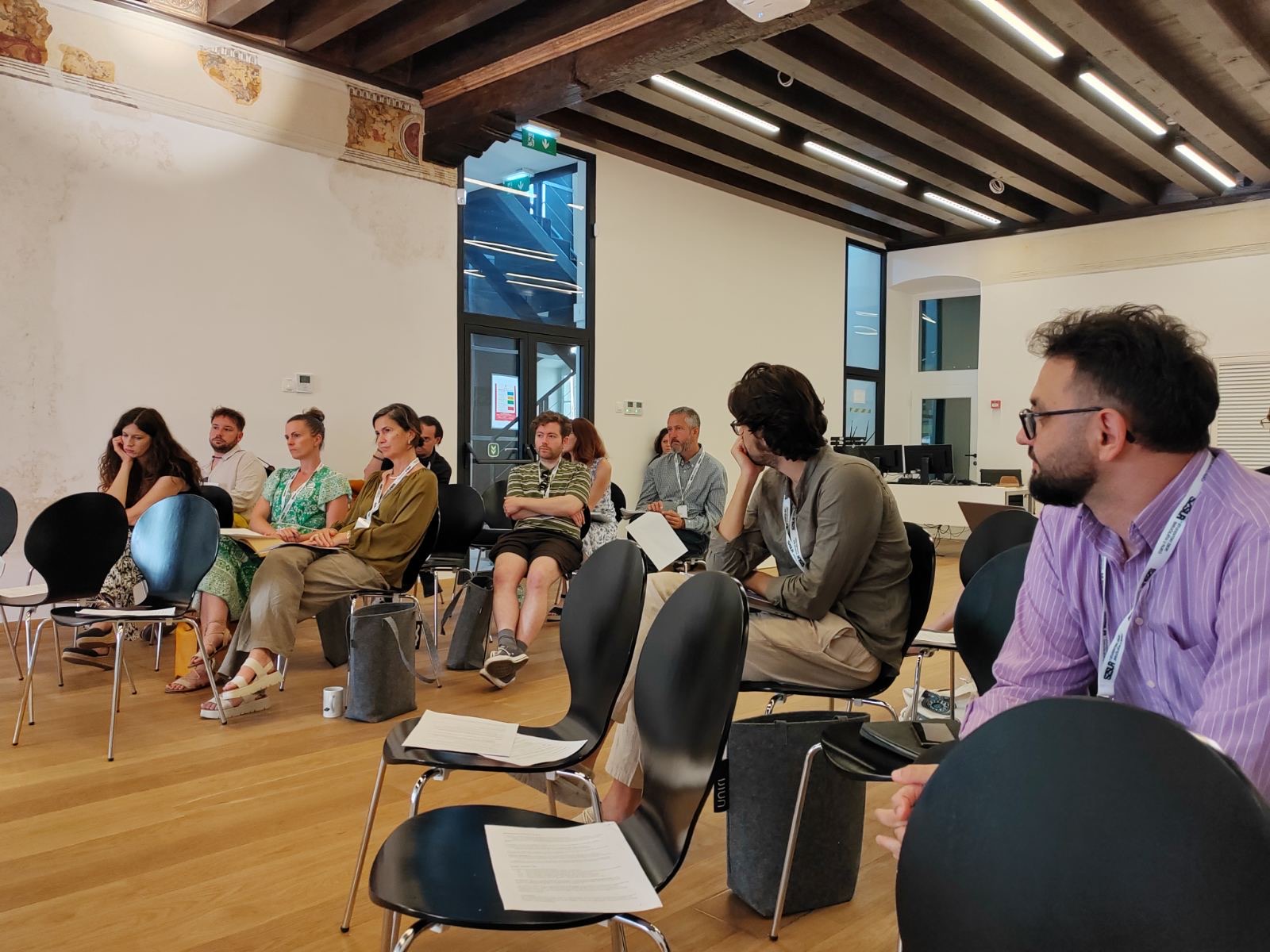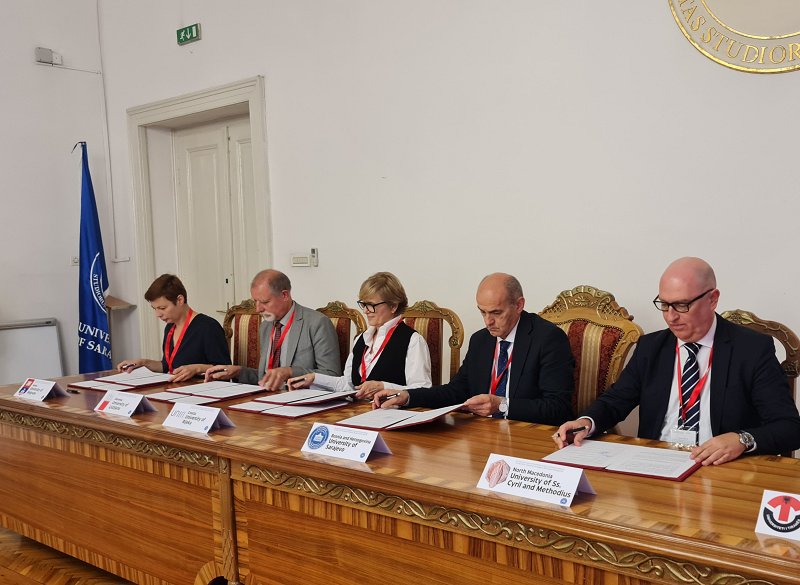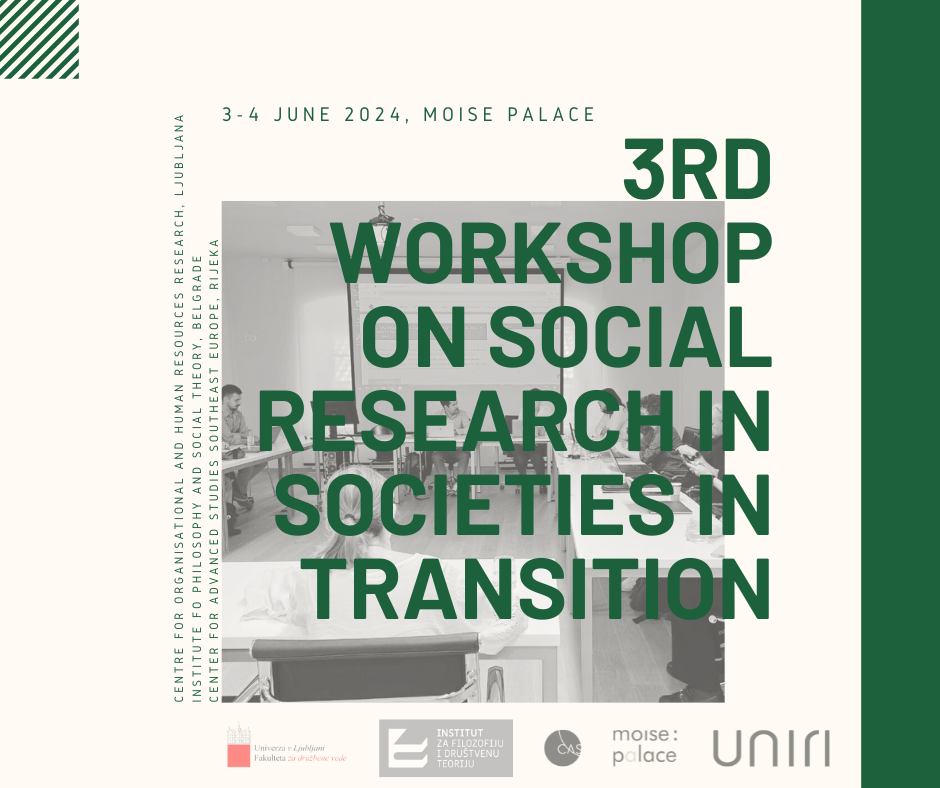FoodWave/Eating City International Platform 2020-2030: Cres Workshop
Home- FoodWave/Eating City International Platform 2020-2030: Cres Workshop
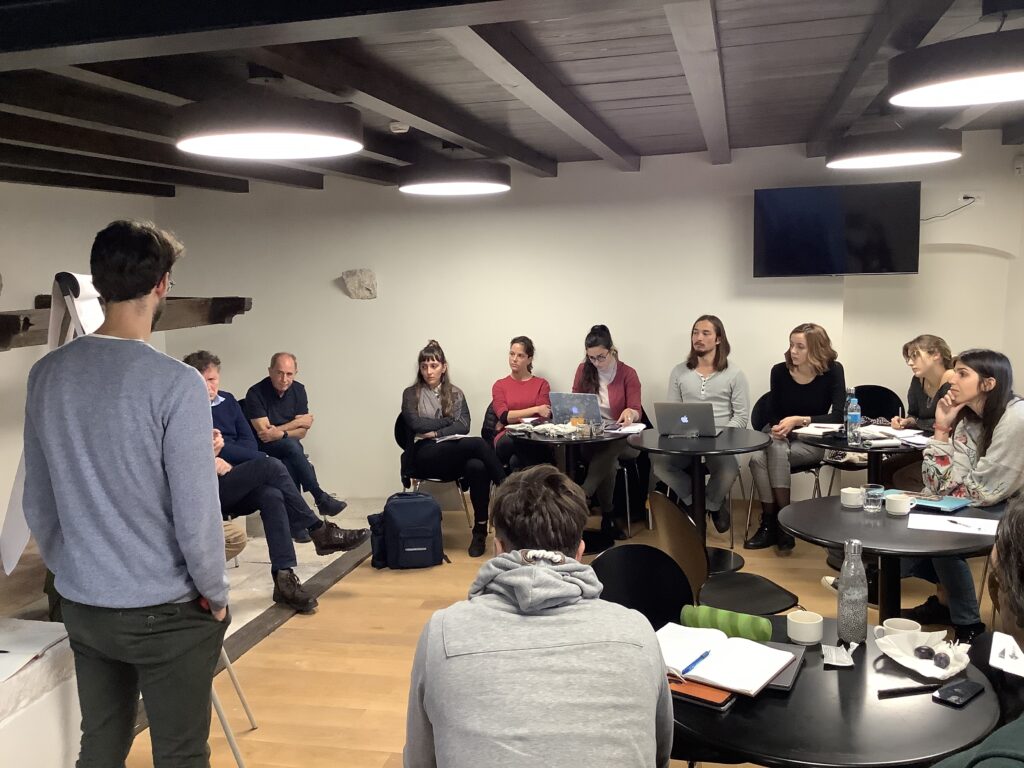
Overview
Historic gender inequities have contributed to a decidedly unsustainable food system. Women have a prominent role all across the value chain—as farmers and food producers, merchandizers, educators, cooks, servers, and leaders of food organizations. Women are also substantially more involved and invested—on a daily basis—in education, health and supply processes related to food, which are frequently taken for granted, and are certainly undervalued. Yet women also face gender bias at every turn in their lives, careers, and as food business owners: lower education attainment, slower rates of promotion, and significantly lower access to capital.
The COVID-19 pandemic has only exacerbated the situation, with far more women than men temporarily or permanently leaving the workforce, and for a variety of reasons (loss of childcare, closing of schools, the need to care for young or sick family members at home, e.g.). According to the European Investment Bank, “considering gender equality and empowering female entrepreneurship could help to accelerate and fortify our recovery.” According to the European Commission, improvements to gender equality could create 10.5 million jobs by 2050 and boost the EU economy by between €1.95 and €3.15 trillion. Thus, empowering women’s participation in the labour market and encouraging entrepreneurship could thus add billions to the EU economy, including a focus on training and promoting women from lower-wage occupations to higher-level ones – Management, Directors, and more entrepreneurs.
Gender Equality and Resilient Food Systems
• the aim is to explore the dynamics of power and gender
• the critical role of women in advancing towards a sustainable food system
• the role of men in supporting gender equity
• and together create a gender equity policy framework for food sector professionals across the EU
Session 1
October 23 from 15:00 to 18:00
- Welcome – Karen Karp & Sanja Bojanic (15 min)
- Group Introductions: Breakout groups of 3 people in-person and virtual (15 min)
- Plenary – What did you learn, generally, and about each other? (15 min)
- IAT Bias Assessment (30 min)
- Break (15 min)
- Deconstructing the Workshop Topic: Gender Equality and Resilient Food Systems (30 min)
- Food Systems Overview (20 min)
- Intersection of Gender and Resilient Food Systems
- Working Group 1: Where do you intersect with advocacy for a more gender equal and resilient food system? (35 minutes)
- Adjourn (10 min)
Session 2
October 24 from 10:00 to 13:00
- Working Groups (2.25 hours – 135 min)
- Intersection of Gender and Resilient Food Systems: What are the issues? What are the policies that are needed to advance this vision?
- Break – (15 min)
- Group Work Summarized:
- Delegates, Facilitators and Note-takers only (30 min)
- Lunch
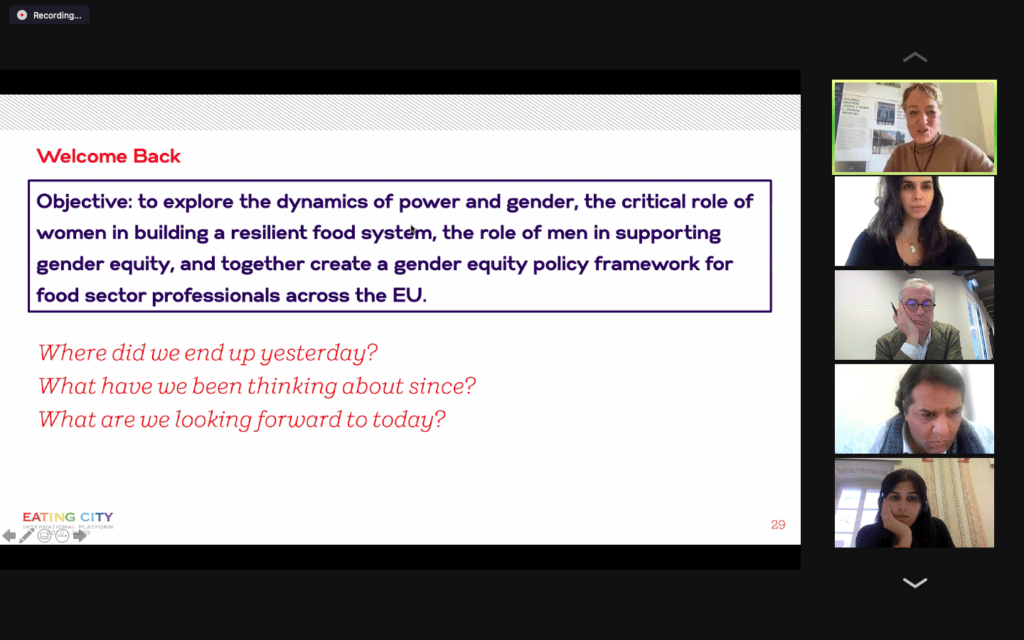
Session 3
October 24 from 14:30 to 18:30
- Draft Policy Outline: Delegates, facilitators and note-takers create first draft of document (110 min)
- PLENARY: Delegates present first draft of policy statement to everyone (30 min)
- Break (15 min)
- Writing the Final Policy Outline (40 min)
- Break (15 min)
- Final Policy Reading (20 min) (at 18:00)
- Adjourn (10 min)
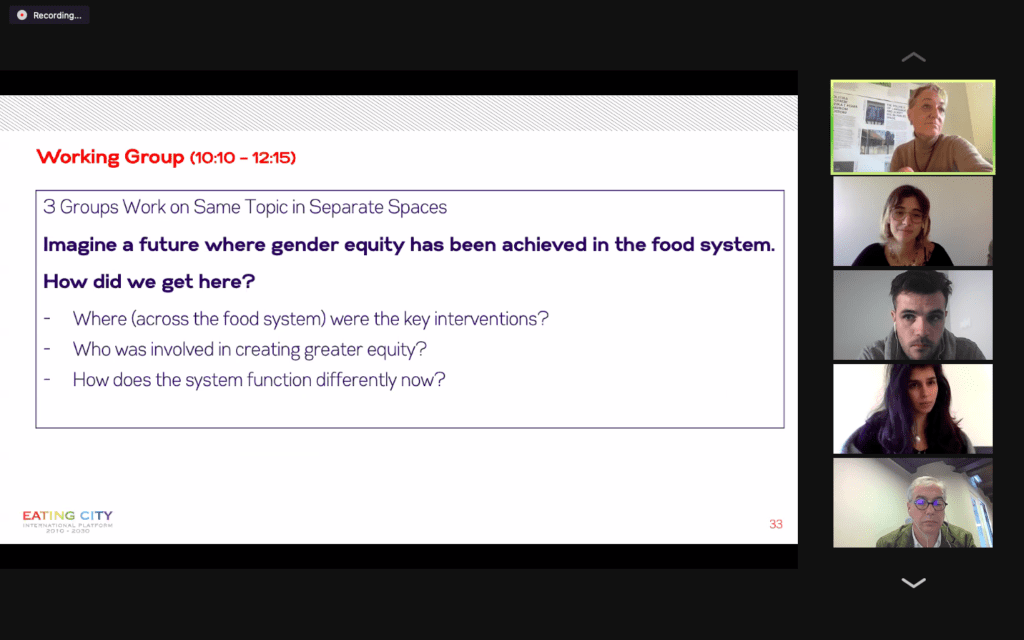
EU HORIZON EUROPE: Gender Equality Plan content areas
- Work-life balance and organisational culture (e.g. parental leave policies, flexible work time)
- Gender balance in leadership and decision-making (e.g. introducing gender quotas for evaluation panels or decision-making bodies)
- Gender equality in recruitment and career progression (e.g. unconscious bias training for HR managers, inclusive language for job vacancies, fair evaluation for employees)
- Integration of the gender dimension into research and teaching content (e.g. get inspiration from the case studies and methods developed by the EC “Gendered innovations” Expert Group
- Measures against gender-based violence, including sexual harassment (e.g. having in place a code of conduct or an intervention protocol in case of complaints)
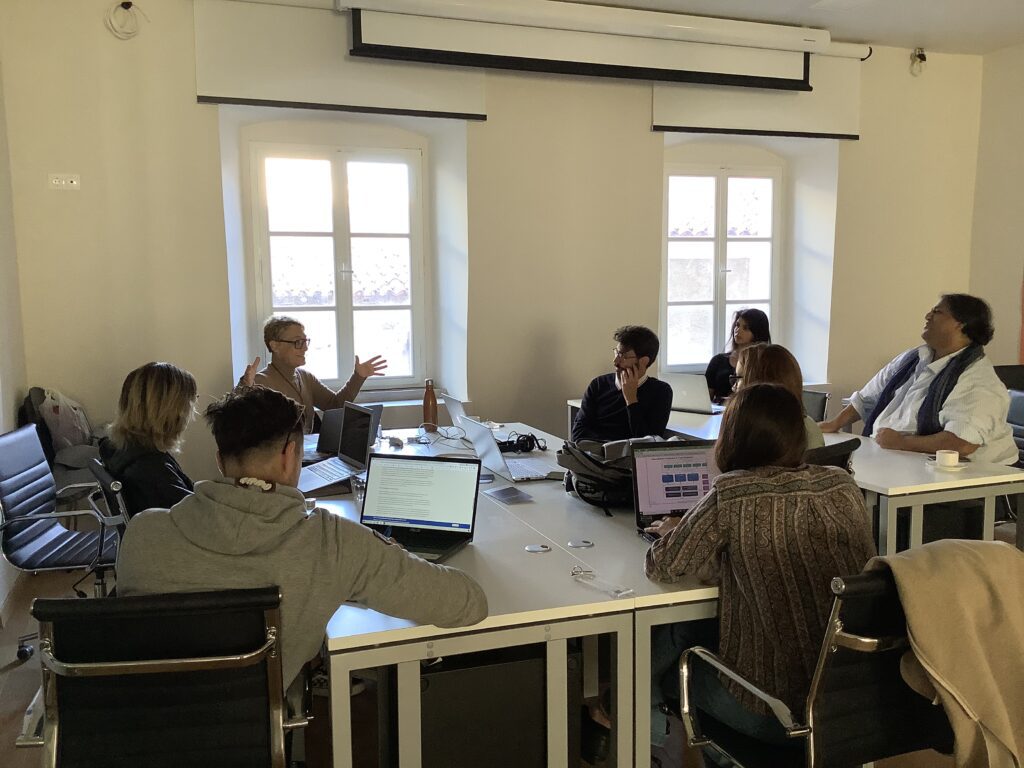
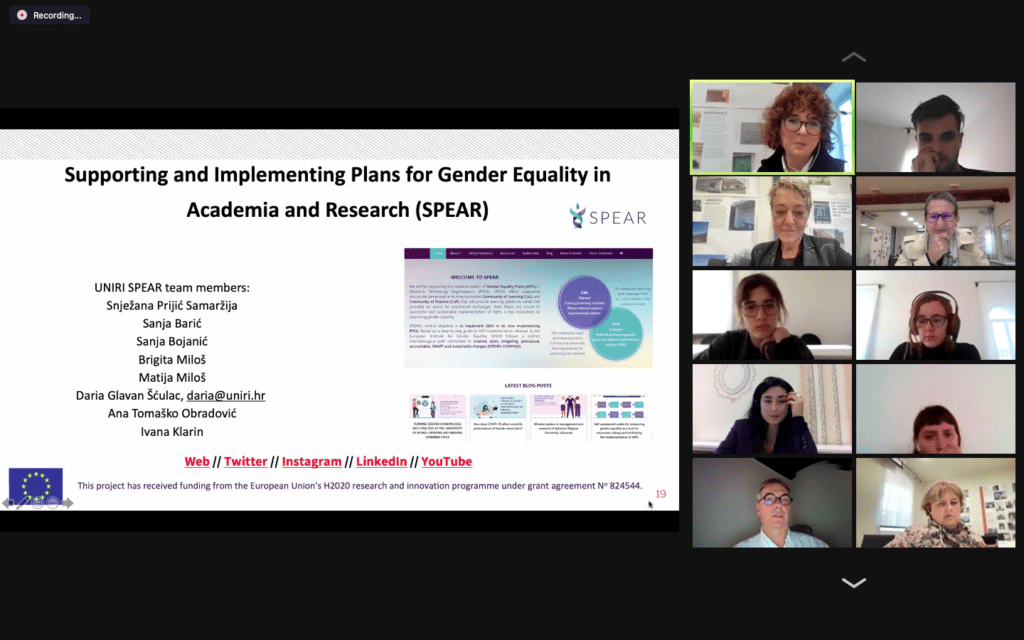
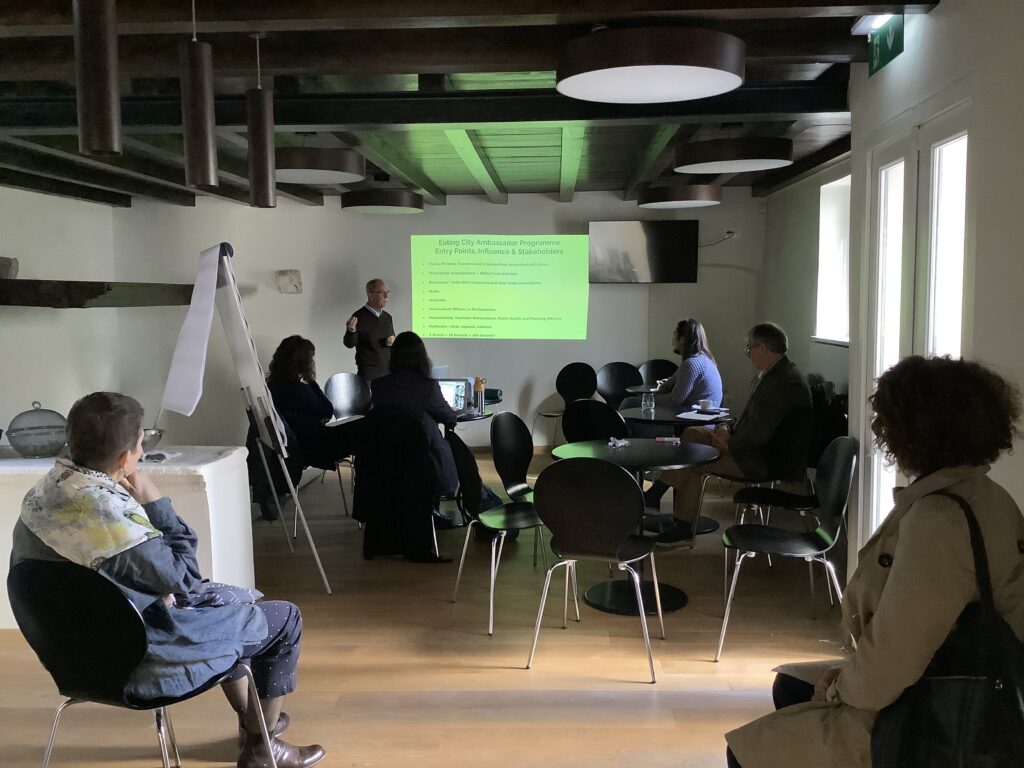
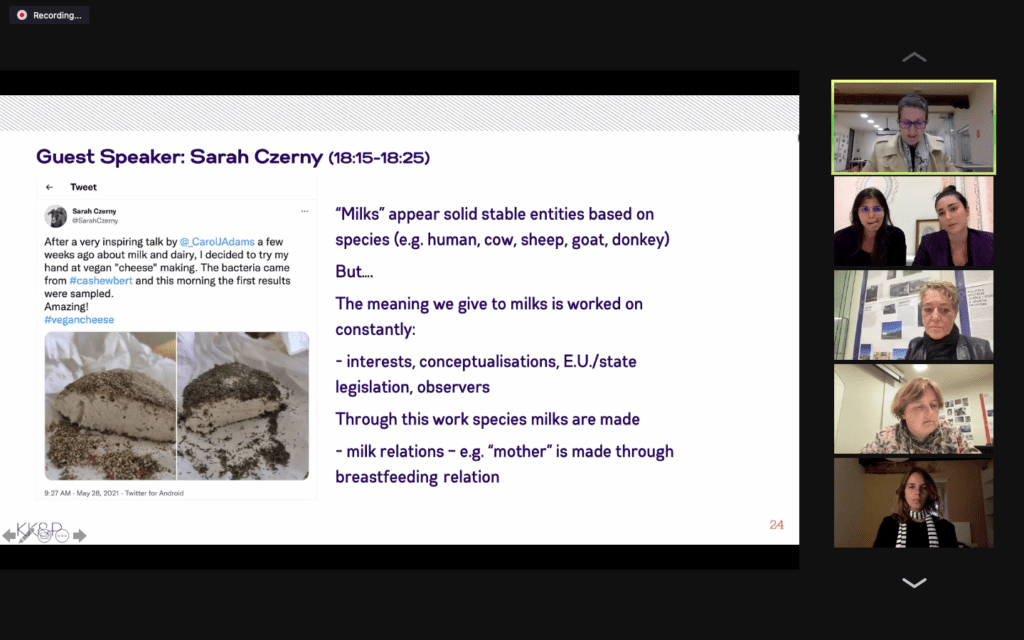
News
CAS SEE latest posts
17 October 2021 Engaged Philosophy: The Social Role of Contemporary Theory Engaged Philosophy: The Social Role of Contemporary Theory
Home
Engaged… Read More
18 October 2021 CAS SEE Seminars With Guests: Kristoffer Ahlstrom-Vij CAS SEE Seminars With Guests: Kristoffer Ahlstrom-Vij
Home
CAS SEE Seminars With Guests: Kristoffer… Read More
21 October 2021 FoodWave/Eating City International Platform 2020-2030: Cres Workshop FoodWave/Eating City International Platform 2020-2030: Cres Workshop
Home
FoodWave/Eating… Read More

